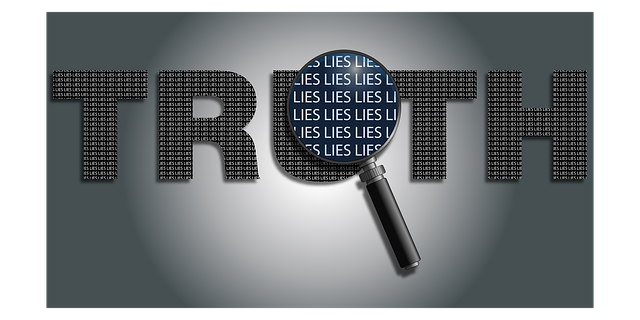 Lie detection is tough for a lot of people, but why do some people happen to just be better at it than others?
Lie detection is tough for a lot of people, but why do some people happen to just be better at it than others?
This is an important question not just in our attempts to understand how to detect deception but also in efforts to better understand the role of emotional recognition in lie detection. A new study in the Personality and Social Psychology Bulletin sought to disentangle various features of emotional recognition as a way of explaining variations in participants’ abilities to detect deception.
The study authors look at several variables that could explain variation in deception detection. One is “Theory of Mind” which looks at an individual’s general ability to read others’ mental states. Similarly, they looked at emotional intelligence which, while similar to Theory of Mind, focuses more on interpersonal competency and emotional recognition.
It is important to distinguish truth detection from deception detection. This should make sense intuitively, as we often get a clear intuitive sense that we are being lied to, but that doesn’t mean we always have an affirmative sense of another person’s truth-telling. Instead, we often just don’t feel lied to and conclude they are telling the truth.
They also distinguished between “high-stakes” and “low-stakes” deception, under the hypothesis that behaviors would be significantly different between the two. Namely, they note that past research has found that people tend to believe others most in low-stakes scenarios, while they become more discerning when the states get higher.
In order to explore the relationships between those topics, the study authors performed an experiment on over 100 participants. In the experiment, each participant was asked to review a series of videos of individuals speaking to high profile events, such as cases of alleged murder. Half of these were incidents of deception.
After watching each video, the participants were asked to determine who was telling the truth and who was not. Because emotional intelligence and other variables were measured by a pre-treatment series of questionnaires and tests, the researchers were able to explore statistical relationships between those emotional traits and rates of accuracy.
Overall, they did find that truth and deception detection were different as suspected, with different predictors proving significant for each. For instance, Theory of Mind accounted for much deception detection variance and emotionally intelligent participants often felt too much sympathy for liars.
This distinction seems rooted in the need for detached reasoning in detecting deception. While recognizing and understanding emotions is helpful , it often must be paired with a calculated and logical approach. This can be difficult for those with high levels of empathy, even though they tend to be good at noticing emotions like guilt.
Hopefully, this gives you some more information on what makes a good lie detector, but also come check out our new website dedicated to deception detection for more!